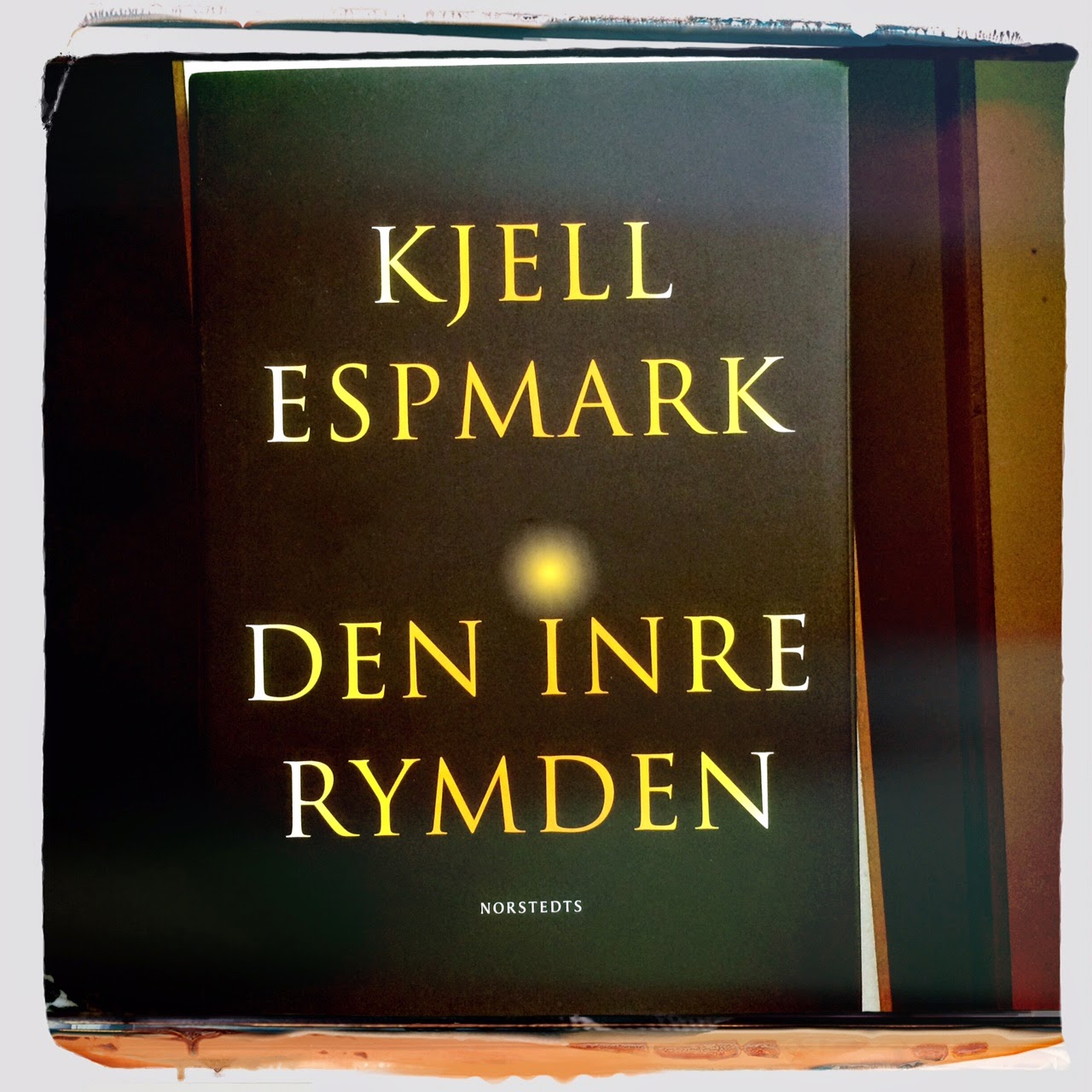Call me Noah
or any other name
I met the great flood
I survived.
After the water’s annihilating power
names lack meaning
names you wear for stability’s sake.
Aimless I try to remember
I gather sticks for a building
everything is sticks
compared to the flood and the flood time.
The rain came, how long it lasted I don’t know
forty days and forty nights it’s been said
it could have been more.
Little by little it washed away
what we had built
at last it carried away the trees and the soil.
Our city lay close to the river
boats went away, boats came
we engaged a great deal in trade
sails surrounded us.
I owned a boat, therefore I was saved
a river boat it was
broad and built to carry cargo.
When the rain came, and it came again
a few of us gathered
we foretold
as it’s said that animals can foretell.
Others didn’t gather
they thought the gods would save us
they thought the rain came from the gods.
All we had was our eyes
we saw how the water rose
and it rose again
we gathered, we prepared.
After all, we were many that foretold
we were many that owned boats
I was the one who survived
we ought to have been more.
How the water filled the streets
filled the plains, turned into sea
those who could fled up toward the hills
the water caught up with them
fled toward the mountains, where the water also went.
The difference:
those who couldn’t flee
met death a couple days earlier.
Those of us that had boats
escaped the first death
the second death reached us
when the boats foundered.
The trees’ torn-off trunks
turned into rafts
those who traveled with them
soon lost the grip.
The flood’s meal was huge.
The rain turned the days into grey night
the nights became the cellars of the drowned
the stars disappeared
and with them the cardinal points.
Then I was still young
I brought with me
the woman I loved most
our three sons: Shem, Ham and Japheth.
Two daughters I’d had
the first-born
that death took, three years old,
the other
more beautiful than any
wasn’t allowed to live when the plague came
and a son between Shem and Ham
who was stillborn
and spared from wearing a name.
A couple of animals and doves
we also brought with us.
We still believed in a return
that life would be possible.
That our boat didn’t founder
I count among the enigmas.
It wasn’t better built than many others.
Who threw that die
I don’t know.
Much later a belief appeared
that I had spoken to the gods
and therefore had been saved.
I was taught that beliefs
can be dangerous to offend against
when many believe in them.
How silent the night became
when the drowned began to seek us
some with faces turned upwards
but mostly downwards
as if the depth
might reveal a truth
but I don’t believe they sought truth
terror seeks no truth.
Water was getting scarce
we gathered from the rain
but some drank from the river.
The rain gave us the mould
it gave us the rancid food
food that carried death within itself.


